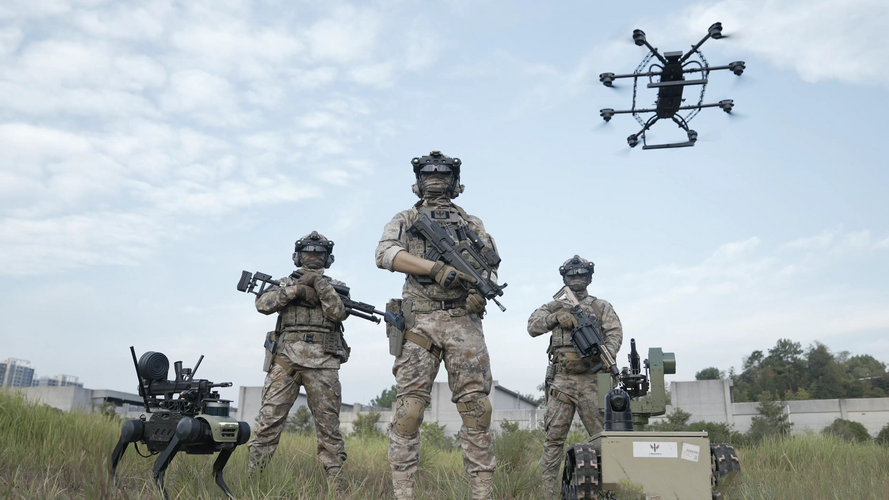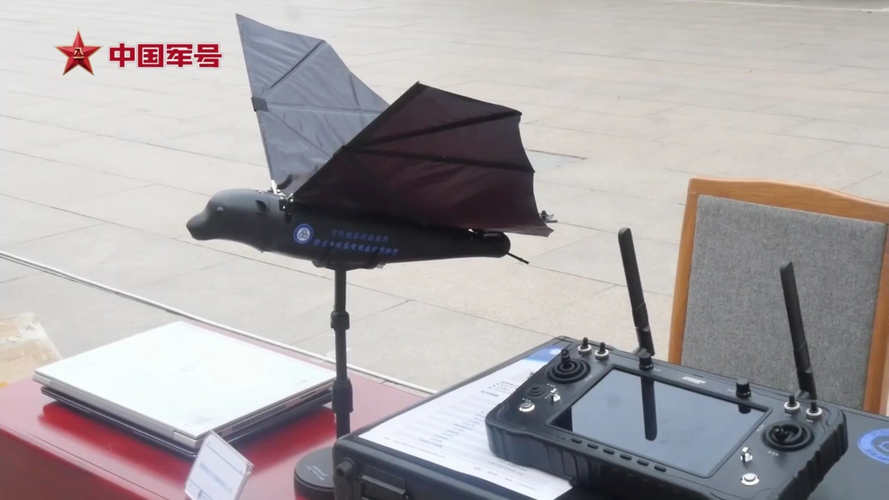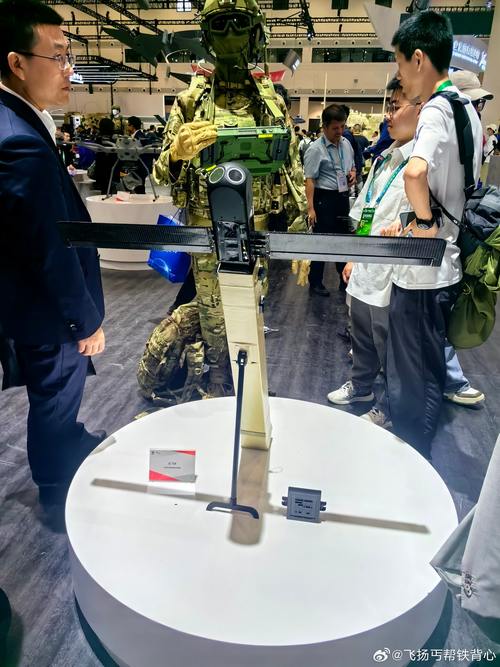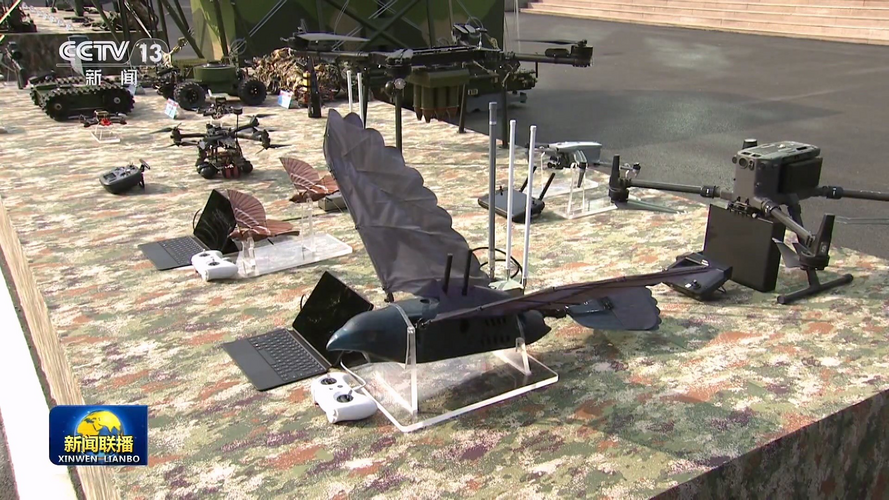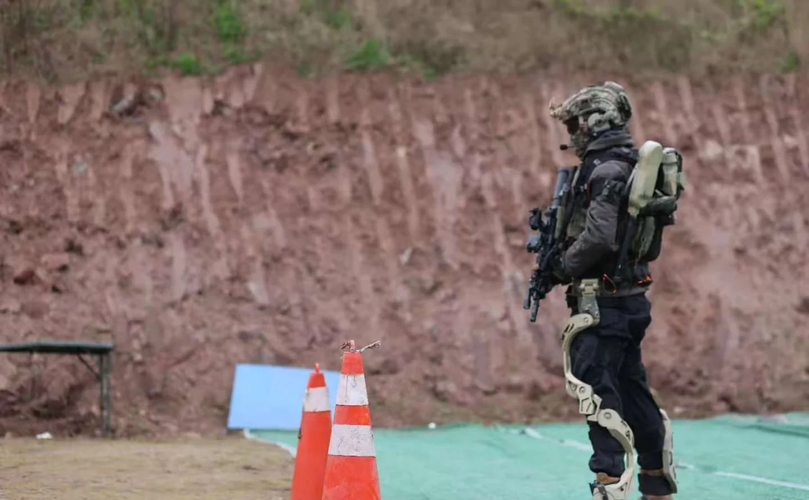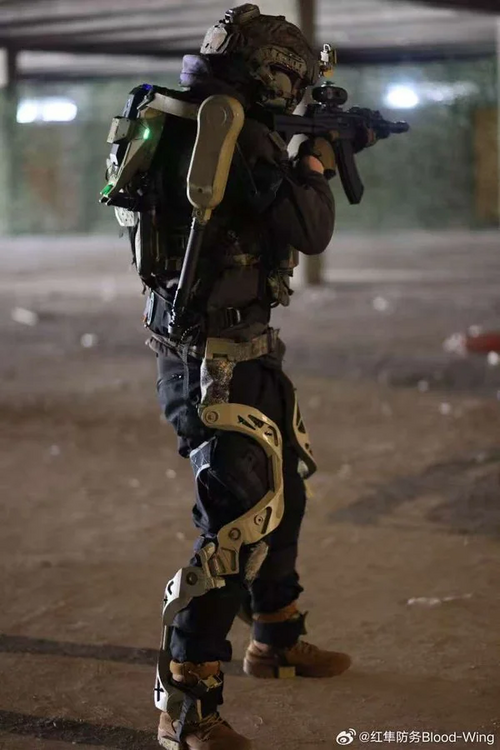jsport
what do you know about surfing Major? you're from-
- Joined
- 27 July 2011
- Messages
- 7,732
- Reaction score
- 5,750

Soldiers are turning to social media when the chain of command falls short. The Army sees it as a nuisance.
Social media has become a tool for junior soldiers to get problems in their units fixed, but it has put them at odds with Army leaders.











